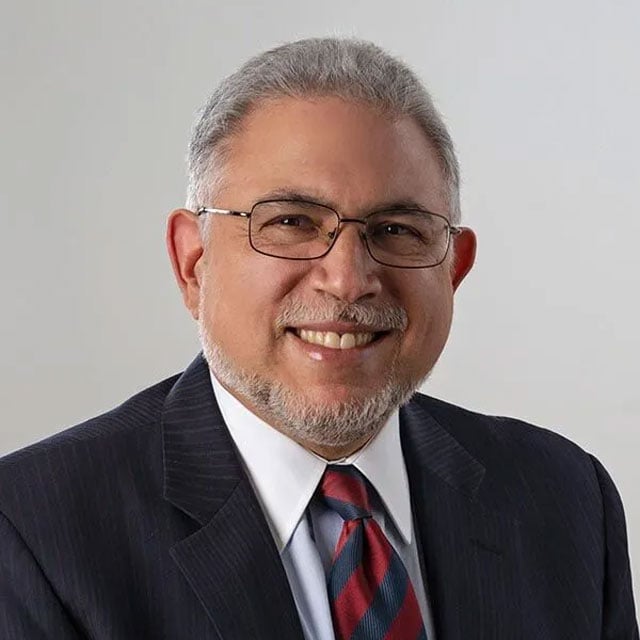What Firms Must Disclose Before a Rollover Under New DOL Rule

Last month, colleague Joe Antonakakis and I discussed the Department of Labor’s Oct. 31 release proposing a rule that seeks to define an investment advice fiduciary for purposes of ERISA, and its proposed amendments to class prohibited transaction exemptions available to investment advice fiduciaries, including PTE 2020-02, the “rollover rule.”
For this column, I again sat down with Joe to learn more about the proposed rule’s corresponding additional disclosure and other requirements.
Disclosures
PTE 2020-02 currently requires financial institutions to provide certain disclosures to retirement investors before engaging in a transaction pursuant to the exemption.
Namely, the financial institution (i.e., an investment advisor) must provide a written acknowledgement that the institution and its professionals are fiduciaries and must also provide an accurate written description of the services to be provided to the retirement investor, as well as the financial institution’s material conflicts.
Further, before engaging in a recommended rollover, the financial institution must provide retirement investors with documentation of specific reasons why the rollover recommendation is in the retirement investor’s best interest.
As part of the amendments, the DOL is proposing additional disclosures:
Pre-Transaction Disclosures
The proposed rule further requires that financial institutions include a written statement of the best-interest standard of care owed by the financial institution alongside its initial fiduciary disclosure.
Further, the proposed rule would require financial institutions to inform retirement investors of their right to obtain specific information regarding costs, fees and compensation from the institution.
The financial institution would need to provide the information in sufficient detail for the retirement investor to make an informed decision, including total compensation that the financial institution and investment professional receive, not just the costs directly paid by the retirement investor.




